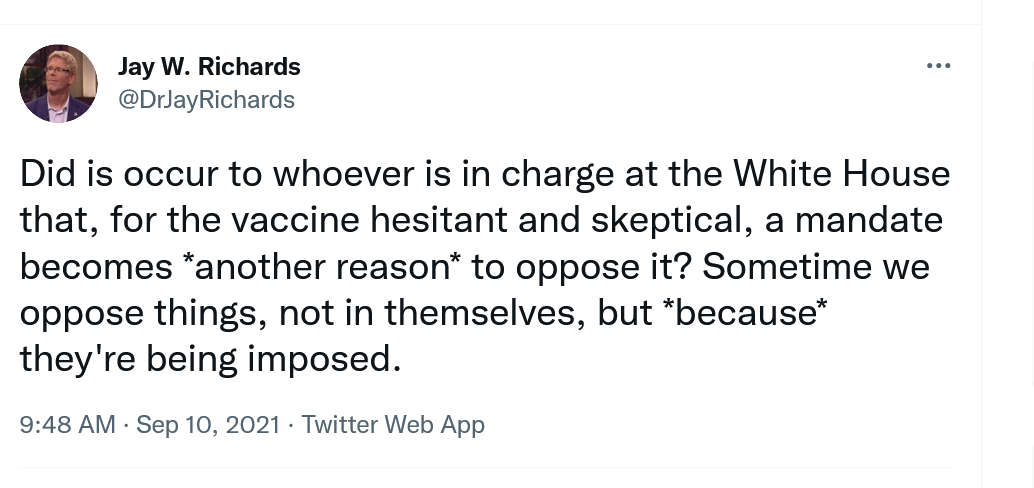
Interesting twist in all of the discussions about standing and the new Texas abortion law.
It's true that states can set their own standing rules, but it looks like all of the new SCOTUS cases that restricted standing for statutory rights might apply in TX state court!
It's true that states can set their own standing rules, but it looks like all of the new SCOTUS cases that restricted standing for statutory rights might apply in TX state court!
https://twitter.com/AndyHessick/status/1433445005352325126
Why does this matter? Well the clever way that the Texas legislature sought to circumvent judicial review of its antiabortion law relies on private individuals to bring civil lawsuits against abortion providers, rather than state enforcement of the prohibition.
The US Supreme Court has really cracked down on laws that allow private individuals to bring lawsuits unless they were personally harmed.
Under the TX abortion law, it would be hard for most people to argue that *they* were harmed by *someone else* getting an abortion.
Under the TX abortion law, it would be hard for most people to argue that *they* were harmed by *someone else* getting an abortion.
If Texas courts continue to follow federal standing law (which as @AndyHessick points out, the Texas Supreme Court has told them they are supposed to), then they would likely throw out most every civil suit brought under the new anti-abortion law.
@AndyHessick To be clear, there may be some potential plaintiffs who could make a plausible argument for standing in some cases. But it would disempower random people and the right-to-life organizations from bringing the lawsuits that the Texas law clearly wanted them to bring.
@AndyHessick Also, unless Texas courts have a different approach to civil procedure, these standing issues could be litigated at the very beginning of a lawsuit. And no standing would result in a dismissal.
@AndyHessick Anyway, it's hardly a perfect solution to the disaster that is the new Texas law. But does suggest that the litigation risk that has caused so many TX abortion providers to suspend their services may be much smaller than originally thought.
• • •
Missing some Tweet in this thread? You can try to
force a refresh











